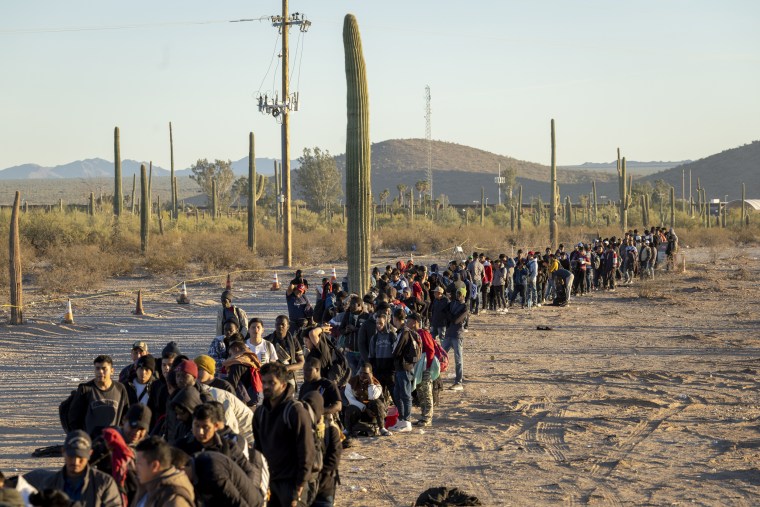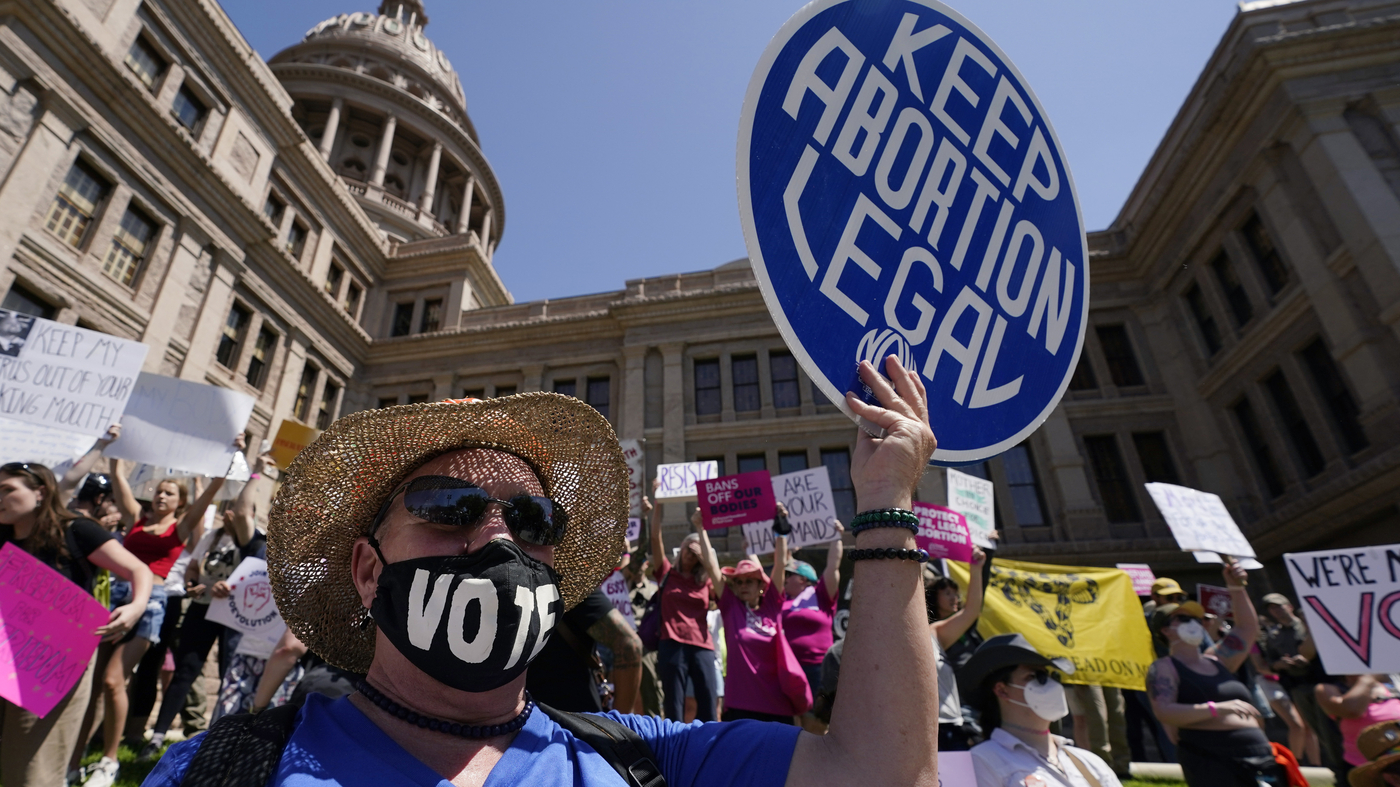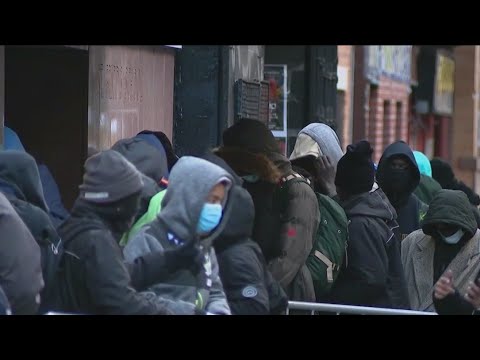Arizona Town’s Legal Border Crossing Closed Due to Migrant Surge

- The Lukeville, Arizona border crossing has experienced a record number of migrants attempting to cross into the U.S. daily, leading to its closure since Dec. 4. This has significantly impacted the local communities that rely on the port for trade and family connections. Many local businesses, such as the Why Not Travel Store, have seen a major decrease in customers resulting in loss of revenue and potential staff reductions.
- Arizona Governor, Katie Hobbs, has called for immediate federal action to address the crisis caused by the border closure. She suggested the reassignment of National Guard members on federal active duty to assist with border control so the crossing can be reopened. Following no response from the White House, Hobbs has signed an executive order sending the state’s National Guard to the border, citing the closure as an unmitigated humanitarian crisis.
- The increase in border crossings has been attributed to Mexico’s shortage of funds and understaffing in their migration control agency, INM. Despite the U.S. funding, Mexico’s capacity to manage border control has been strained due to the impact of Trump’s “Remain in Mexico” policy and more recent asylum restrictions under the Biden administration. This has resulted in a decline in interdiction at their southern border and a reduced ability to accept migrants pushed back from the U.S.
Record Migrant Influx Impacts Arizona Town and Local Economy
The small town of Lukeville, Arizona is grappling with the effects of unprecedented migrant crossings at the U.S. border. The number of migrants is stretching both U.S. and Mexican law enforcement resources thinly.
Since December 4, the Lukeville Port of Entry, previously a hub for tourists and family visitations, has been shut down. This is due to U.S. Customs and Border Protection’s necessity to reassign its officers to address the influx of migrants. Over 500 migrants attempt to cross into the U.S. via this remote area daily.
Impacted by the closure, local businesses reliant on the port are losing customers, risking staff reductions or closures. Bernadette Nez, the manager of the Why Not Travel Store in Why, Arizona, reported a significant drop in customers and sales. If this continues, the store may have to limit its operating days and cut staff, especially problematic around the holidays.
Arizona Governor, Katie Hobbs, wrote to President Biden on Dec. 8, urgently requesting federal action to address the crisis caused by the port closure. She proposed reallocating National Guard members on federal duty to assist the CBP, potentially enabling the port’s reopening.

Border Crisis Strains Mexican Resources
Data reveals that processing centers in Tucson sector, which includes Lukeville, are operating over capacity. A key contributor to the border crisis is Mexico’s shortage of funds. The National Institute of Migration (INM), Mexico’s counterpart to CBP, is grappling with limited resources after a year of record border crossings.
Mexico’s INM bears the brunt of the migration strain from Latin America to the U.S, further compounded by the Trump administration’s “Remain in Mexico” policy and recent Biden administration’s asylum restrictions. These factors have allowed the U.S. to redirect millions of migrants back into Mexico, irrespective of their country of origin.
The funding shortage has led to understaffing and a reduction in interdiction at the southern border, reducing Mexico’s capacity to accommodate returned migrants from the U.S.
The Lukeville crossing remains closed indefinitely, echoing a similar situation near San Diego. This continues to impact local businesses and the community, while also highlighting the urgent need for a comprehensive solution to the ongoing border crisis.
—
Read More USA News


Leave a Comment